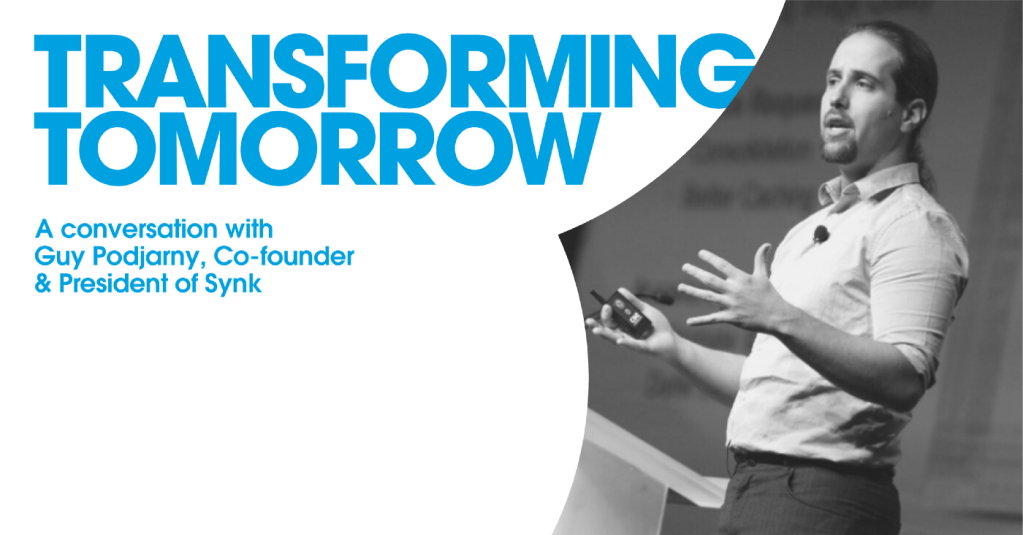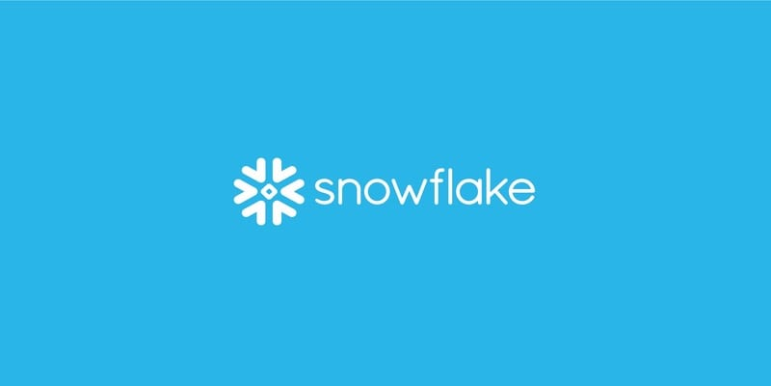Perspective Type: Portfolio

Olugbenga ‘GB’ Agboola, Founder & CEO of Flutterwave, on his Quest to Unite Africa through Payments

Transforming Tomorrow by Salesforce Ventures: Co-founder and President of Snyk, Guy Podjarny

Guild Education: Getting a Degree in “Resilience”

Ureeka Empowers Minority-Owned Businesses to Accelerate COVID-19 Recovery

Data is the Linchpin of Digital Transformation 2.0

Startups Are Supporting Those in Need With Special Access to Products During COVID-19

Investing in Clarity: Our Investment in Snowflake

Samasource: A Tribute to Leila Janah, and Why We Invested

Seeing is Believing? More Like Seeing is Buying.

Improving the Search Box: Our Investment in Algolia

Is Your Data an Asset or a Liability? Introducing Our Newest Investment: BigID

Our Investment in Qualified: A Conversational Marketing Platform












